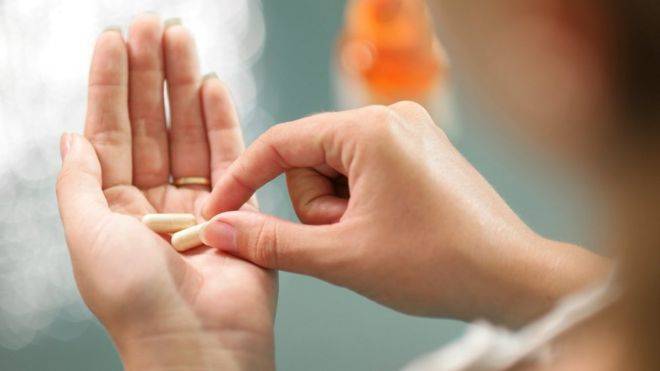Mad Scientist
Feels Good!
- Sep 15, 2008
- 24,196
- 5,431
- 270
Taking multi-vitamin pills 'does nothing for our health' | Mail Online
But did you notice what was missing? No mention of Diet or Exercise! Minor detail eh?
A fat, out of shape person isn't going to be helped by taking any kind of supplement because their body isn't working efficiently as it's designed to do in the first place.
Vitamin Supplements are just that: Supplements. That means that they should be taken in addition to a healthy diet and exercise regimen of some kind.
Of course the people in that study didn't see any benefit from vitamins. Because that's like putting 103 Octane fuel into a race car that hasn't had maintenance in a long time! You have to keep the car (your body) maintained (diet and exercise) before you can get the benefit of any Octane Booster (Supplements)
In addition to having lost a lot of weight (documented elsewhere) I do take a series of vitamins: B-12, C, D, Fish Oil (Omega 3 Essential Fatty Acids) and a Centrum Liquid Multi-Vitamin and a Whey Protein Isolate shake in the morning. I can't take vitamin packs because for some reason, my stomach just rejects them.
After reading this you would think that taking vitamins wouldn't help in fact you might even think they're harmful!Researchers spent more than six years following 8,000 people and found that those taking supplements were just as likely to have developed cancer or heart disease as those who took an identical-looking dummy pill (Placebo). And when they were questioned on how healthy they felt, there was hardly any difference between the two groups.
But did you notice what was missing? No mention of Diet or Exercise! Minor detail eh?
A fat, out of shape person isn't going to be helped by taking any kind of supplement because their body isn't working efficiently as it's designed to do in the first place.
Vitamin Supplements are just that: Supplements. That means that they should be taken in addition to a healthy diet and exercise regimen of some kind.
Of course the people in that study didn't see any benefit from vitamins. Because that's like putting 103 Octane fuel into a race car that hasn't had maintenance in a long time! You have to keep the car (your body) maintained (diet and exercise) before you can get the benefit of any Octane Booster (Supplements)
In addition to having lost a lot of weight (documented elsewhere) I do take a series of vitamins: B-12, C, D, Fish Oil (Omega 3 Essential Fatty Acids) and a Centrum Liquid Multi-Vitamin and a Whey Protein Isolate shake in the morning. I can't take vitamin packs because for some reason, my stomach just rejects them.






